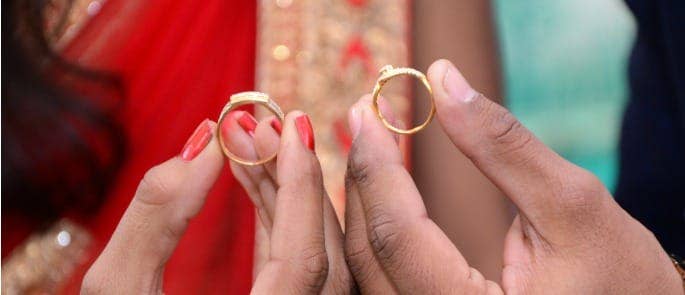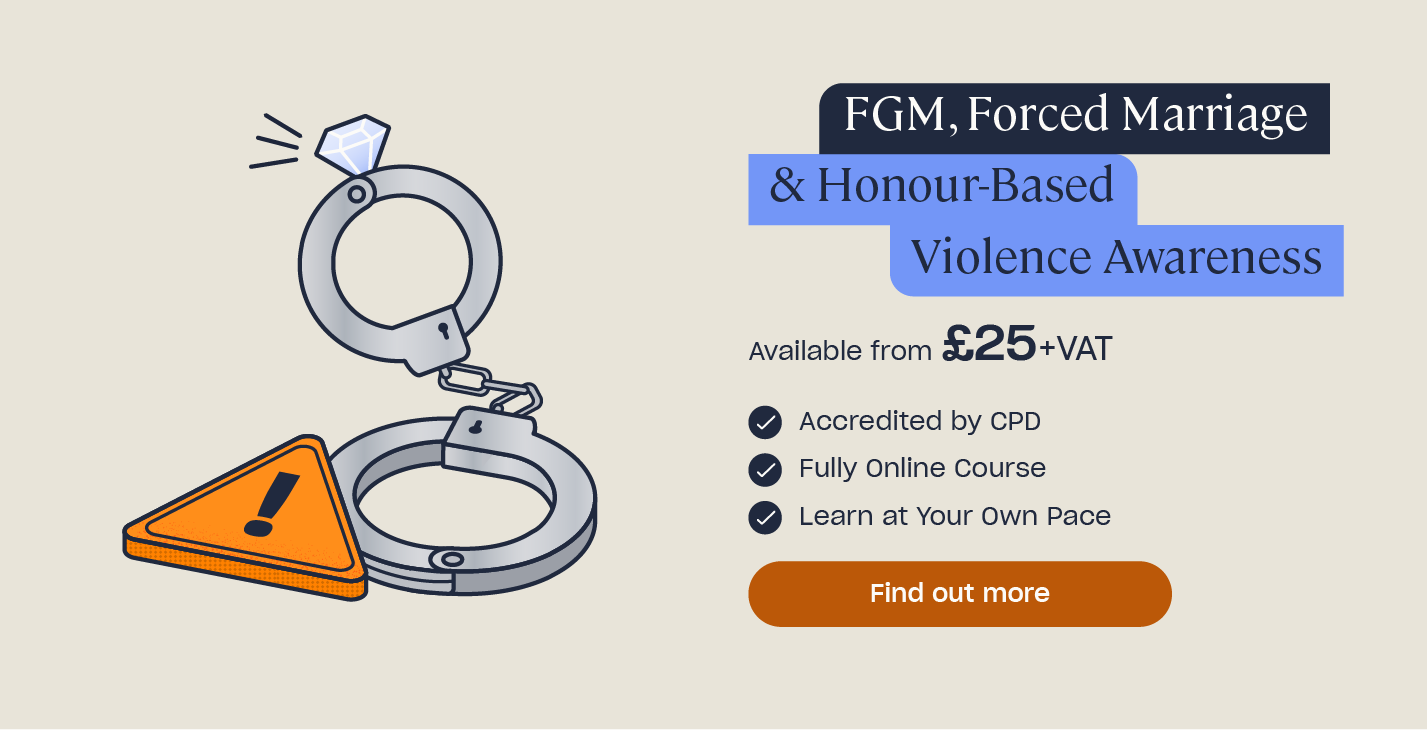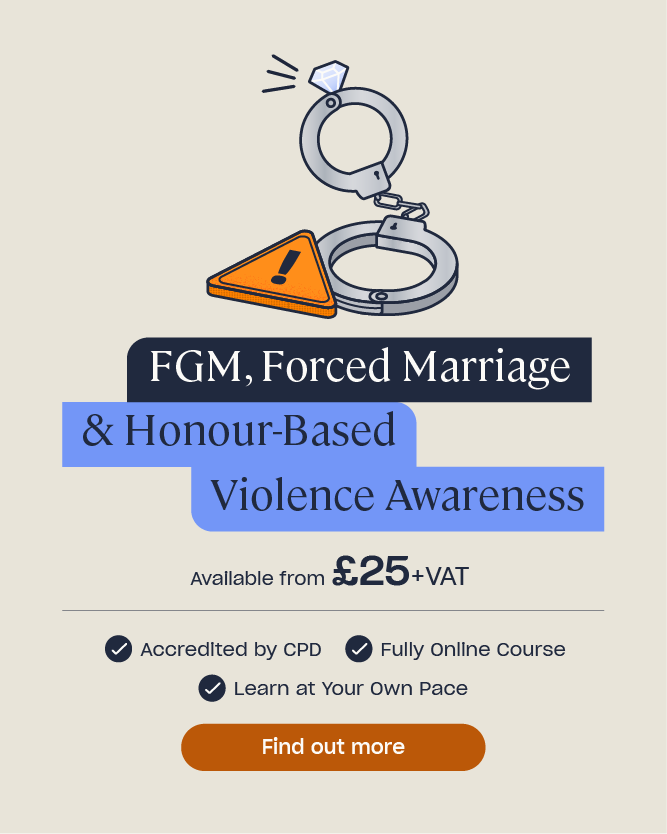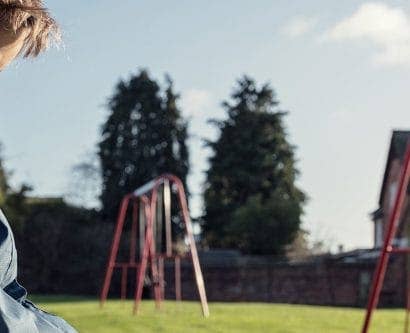What is the Difference between Arranged Marriage and Forced Marriage?
In this article, we look at the difference between arranged marriage and forced marriage. It is important not to conflate the two terms. Arranged marriages involve consenting spouses, whereas forced marriages do not. Forced marriage is a form of abuse.
What is an Arranged Marriage?
An arranged marriage is NOT the same as a forced marriage. In an arranged marriage, the family takes the lead to find a marriage partner for their adult child, but, importantly, both parties are free to choose whether they enter into that marriage.
Although each individual arranged marriage differs, some key features of arranged marriage cultures are as follows (Tenir, 2021):
- Marriage arrangers, who are usually senior members of the community or the family, work to arrange the marriage – either in partnership with the intended spouses or on their own.
- The responsibility for selecting a marriage partner is not seen as that of the individual but rather as a wider responsibility within the family.
- Marriage is considered to be an alliance within families – not just between individuals.
- Arranged marriages are voluntarily accepted by the intended spouses.
An arranged marriage has the consent of both parties and their wishes are respected. The idea is that families know their children and can use their wisdom to know what will bring their child happiness and a successful marriage. Parents or marriage arrangers may consider elements such as family reputation, wealth, career prospects, appearance, values, religion and medical history when selecting suggested partners. Happiness is the ultimate goal of an arranged marriage.

What is a Forced Marriage?
In a forced marriage, one or both people do not, or cannot, consent to the marriage (due to age or disability), duress may have been used and actions may have been taken to coerce one or both of the people into the marriage. Duress can be physical, psychological, financial, sexual or emotional pressure.
The Anti-Social Behaviour, Crime and Policing Act 2014 makes forced marriage an offence. The Act makes it illegal to:
- Marry someone who lacks the mental capacity to consent to the marriage (with or without pressure).
- Take someone overseas to force them into marriage (intent is sufficient to prosecute).
- Breach a ‘Forced Marriage Protection Order’ under the Family Law Act 1996.
- Do anything intended to cause a child to marry before their eighteenth birthday, whether or not a form of coercion is used.
Since the introduction of The Marriage and Civil Partnership (Minimum Age) Act 2022, it is illegal for 16 and 17 year-olds to marry in England and Wales, even with parental consent, and a penalty of up to seven years in prison can be given to anyone arranging child marriages (without the need to prove coercion, which was previously required).
Forcing someone to marry can result in a seven-year prison sentence and disobeying a Forced Marriage Protection Order can result in a sentence of up to five years in prison. Forced marriage also includes non-legally binding ceremonies viewed as marriage by the parties and their families.
Forced marriages are not only a form of domestic violence and so-called ‘honour-based abuse’, they’re also a breach of internationally recognised human rights. The Universal Declaration of Human Rights says that “marriages shall be entered into only with the free and full consent of the intending spouses.”

Why Do Forced Marriages Happen?
Forced marriages happen for a variety of reasons, and this list is not exhaustive.
A few reasons for forced marriage might be:
- Ensuring care for individuals with care and support needs, such as someone with a learning difficulty or physical disability.
- Protecting ‘family honour’.
- Keeping land, property, and wealth in the family.
- Reacting to social pressure. Neighbours and older relatives can pressure parents to coerce their children into matrimony.
- Reducing levels of poverty or to repay a debt.
Within a forced marriage, victims may endure violence to ensure they cannot leave the marriage. This may include rape, and in the outcome of a pregnancy and childbirth, many mothers feel unable to leave that marriage. Many forced marriages also involve forms of domestic servitude (a form of modern slavery), as well as involving other human rights abuses and violence.
Looking to Learn More?
Our FGM, Forced Marriage & Honour-Based Violence Awareness Course has been designed to provide a clear and concise understanding of what these types of abuse are, why they happen and who is at risk. Learners will come away fully aware of how they can take action to help prevent these abuses if they are concerned that someone they know is at risk.
Who is at Risk of Forced Marriage?
Victims are usually aged between 13 and 30, but there’s no ‘typical’ victim of a forced marriage. All genders can be subjected to forced marriage.
In 2021, the Forced Marriage Unit (FMU) handled cases relating to the UK and 32 other ‘focus’ countries. The statistics from the FMU show that within the UK, the largest percentages of referrals came from London, the North West and West Midlands regions.
UK Forced Marriage Statistics in 2021
In 2021, the government’s Forced Marriage Unit (FMU) responded to 868 general enquiries, and gave advice and support in 337 cases related to a possible forced marriage and/or possible female genital mutilation (FGM).
Of those cases:
- 22% of forced marriage victims were aged below 15.
- 13% of cases involved victims aged between 16-17.
- 18% of cases involved victims aged 18-21.
- 53 forced marriage cases involved victims with mental capacity concerns.
- 74% of cases involved female victims.
- 26% of cases involved male victims.
The unit handled cases relating to 32 ‘focus countries’, in addition to the UK. Those with the highest number of cases in 2021 were:
- Pakistan – 159 cases (47%).
- Bangladesh – 32 cases (9%).
- Somalia (including Somaliland) – 10 cases (3%).
- Kenya – 8 cases (2%)
- Iraq – 7 cases (2%)
- Romania – 7 cases (2%).
11 cases (3%) took place in the UK and had no overseas element.
Forced marriage is an offence and form of abuse. In a forced marriage, one or both spouses do not, or cannot, consent to the marriage – and are often subject to coercion and duress. It is very different to the practice of arranged marriage, where both parties consent to the marriage.
Further Resources
- Methods of Human Trafficking and Recruitment
- Signs of Abuse in Adults
- FGM, Forced Marriage & Honour-Based Violence Awareness Training











